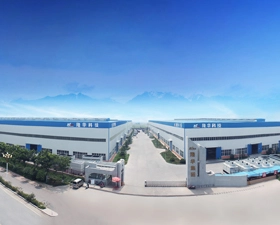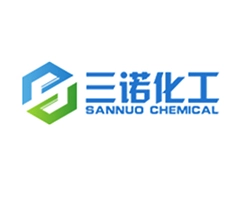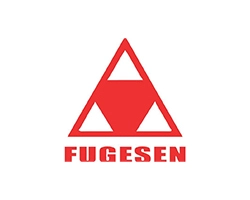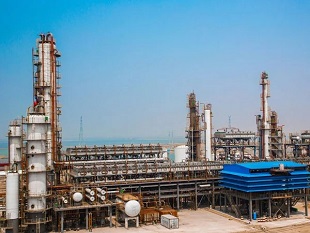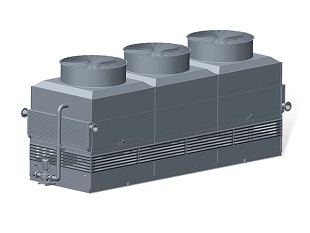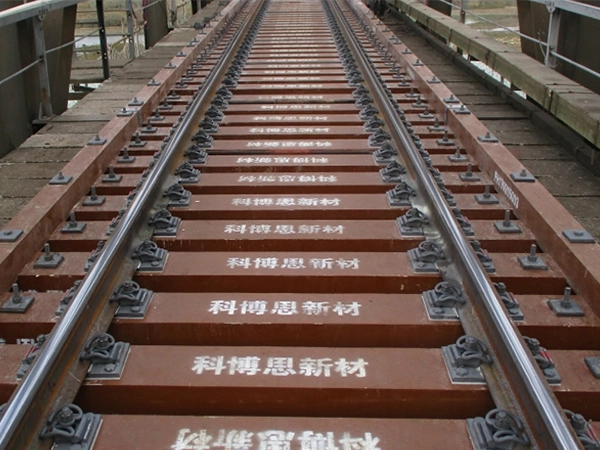Pressure vessels are an essential component of various industrial processes and can be broadly classified into two types: refrigeration pressure vessels and chemical pressure vessels.
Refrigeration Pressure Vessels
Refrigeration pressure vessel is generally composed of six parts: cylinder, head, flange, sealing element, opening and nozzle, support and so on.
The main products of refrigeration pressure vessels in Longhua Technology Group (Luoyang) Company include: barrel pump unit, intercooler, low-pressure circulating barrel, oil collector, oil-ammonia separator, ammonia reservoir, vertical condenser, ammonia condenser and tail gas condenser, which are the superior products of Longhua.
Chemical Pressure Vessels
Generally, the container body is composed of six parts: cylinder, head, flange, sealing element, opening and nozzle, support.
The main products of chemical pressure vessels of Longhua Technology Group (Luoyang) Company include: floating-head heat exchanger, fixed tube-plate heat exchanger, reboiler, large storage tank, stainless steel pressure vessel, low-temperature pressure vessel, reaction kettle, stirring vessel, adsorption tower, absorption tower, water treatment filter and shift converter, which are the superior energy saving products of Longhua.
In summary, pressure vessels play a crucial role in various industrial processes and are classified into refrigeration and chemical pressure vessels. Each type has a unique design and application, and they are built to withstand extreme temperatures and pressures.


 EN
EN
 jp
jp  ko
ko  fr
fr  de
de  es
es  it
it  ru
ru  pt
pt  ar
ar  tr
tr 